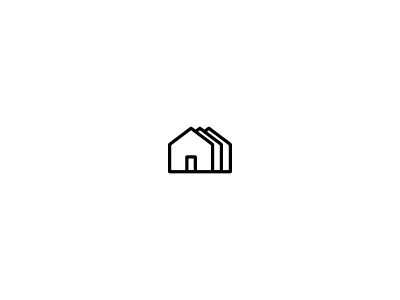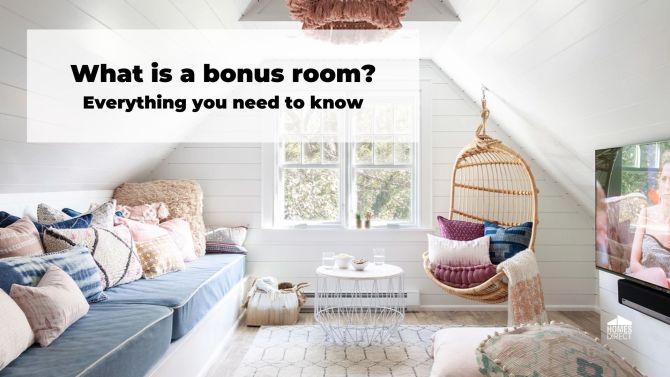
If you're in the market for a new home or considering a renovation, you may have come across the term "bonus room." But what exactly is a bonus room? In simple terms, a bonus room is an extra living space within a house that can serve a variety of purposes. Whether you need an additional bedroom, a home office, a playroom, or a media room, a bonus room can provide the flexibility you desire.
Advantages Of a Bonus Room
Having a bonus room in your home comes with numerous advantages that can enhance your lifestyle and increase the value of your property. Whether you're considering buying a home with a bonus room or planning to add one during a renovation, understanding its benefits can help you make an informed decision. Let's explore some of the advantages of having a bonus room.
Extra living space
One of the primary advantages of a bonus room is the additional living space it provides. Whether it's a small extension or a large area, a bonus room offers versatility in its usage. It can serve as a home office, a playroom, a media room, a guest suite, or even a hobby or exercise space. The extra square footage allows you to customize the room to meet your specific needs.
Enhanced privacy
Depending on its location within the house, a bonus room can offer increased privacy. For example, if it's situated above the garage or on a separate floor, it can provide a secluded space that's separate from the main living areas. This is particularly advantageous for activities that require concentration, and solitude, or when hosting guests who value privacy.
Added value
A well-designed and properly utilized bonus room can significantly increase the value of your home. The extra square footage, functionality, and versatility appeal to potential buyers and can set your property apart in the real estate market. A bonus room adds that extra touch that can make your home more desirable and valuable compared to similar homes without one.
Family-friendly space
Bonus rooms often become family-friendly spaces that cater to the needs of all family members. They can serve as playrooms for children, allowing them to have their own dedicated space for games and activities. Bonus rooms can also function as gathering areas for family movie nights, game nights, or simply spending quality time together.
Increased home appeal
Homes with bonus rooms tend to have increased appeal to potential buyers. The additional living space and the potential for customization attract those who desire a flexible home that can adapt to their unique requirements. This broader appeal can translate into a quicker sale and potentially a higher selling price.
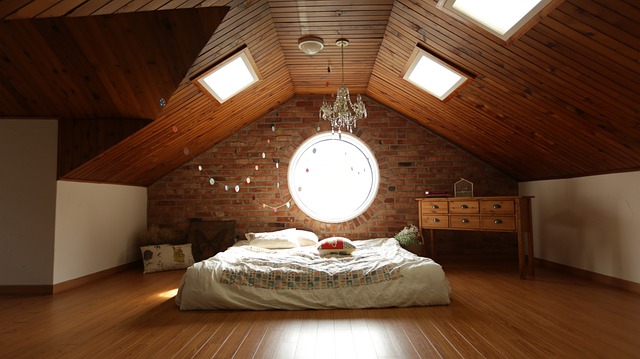
Image by joon yeol Baek from Pixabay
What Can You Do With a Bonus Room?
Let's explore popular options for bonus rooms:
-
Home office: With the rise of freelance opportunities, a dedicated home office is a valuable addition. Transform your bonus room into a productive workspace with a desk, ergonomic chair, storage solutions, and adequate lighting to enhance your productivity.
-
Guest suite: If you frequently host guests or have extended family staying over, converting your bonus room into a guest suite can provide a comfortable and private space for visitors. Add a cozy bed, seating area, and a private bathroom to create a welcoming retreat.
-
Fitness area: Set up a home gym or fitness area in the bonus room to make staying fit and healthy more convenient. Install exercise equipment, mirrors, and proper flooring to craft an energizing space for workouts.
-
Playroom: If you have children, a bonus room can be transformed into a dedicated playroom where they can unleash their creativity and have fun. Add storage for toys, a reading corner, and interactive elements like a chalkboard or a mini indoor playground.
-
Craft room: For those with artistic inclinations or hobbies, a bonus room can become a craft or hobby room. Install storage for supplies, work surfaces, and adequate lighting to create a place that inspires your creative pursuits.
-
Music studio: If you're a musician or aspiring artist, a bonus room can become a music studio. Soundproof the walls, set up instruments and recording equipment, and create a place where you can practice your musical talents.
-
Library: If you're a book lover, converting your bonus room into a personal library can be a dream come true. Install shelves, comfortable seating, and cozy lighting to create a serene haven for reading.
Remember, the possibilities for a bonus room are only limited by your imagination and specific needs. Consider your lifestyle, interests, and the needs of your household when deciding how to utilize this versatile space. By transforming your bonus room into a personalized area, you can enhance the overall value and enjoyment of your home.
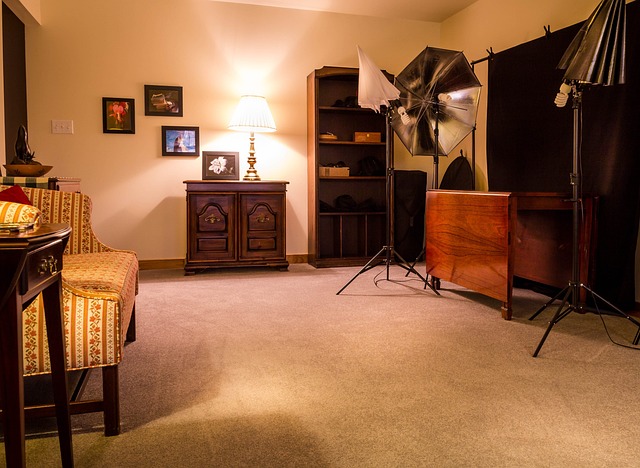
Image by JamesDeMers from Pixabay
What Size Is a Bonus Room?
When it comes to bonus rooms, one common question that often arises is about their size. The truth is, the size of a bonus room can vary significantly depending on the specific layout and design of a home. Unlike standard rooms like bedrooms or living rooms, bonus rooms don't have strict size requirements or regulations. Instead, their dimensions are typically determined by the available space and the homeowner's vision for their use.
The size of a bonus room can range from relatively small to quite spacious. In some cases, a bonus room may be just a modest extension of an existing room, while in others, it can span an entire floor or occupy a separate wing of the house. The size can also be influenced by factors such as the original floor plan, architectural constraints, and the overall square footage of the home.
For bonus rooms above garages, their size is often influenced by the dimensions of the garage below. These rooms are commonly designed to utilize the available space effectively, making use of the garage's footprint while providing additional living space.
It's important to note that the size of a bonus room doesn't necessarily determine its functionality or value. Even a small bonus room can be transformed into a cozy home office, a playroom, or a guest suite, depending on your needs and preferences. On the other hand, a larger bonus room can accommodate multiple purposes simultaneously, such as a media room with a separate gaming area or a combination of a home gym and a craft room.
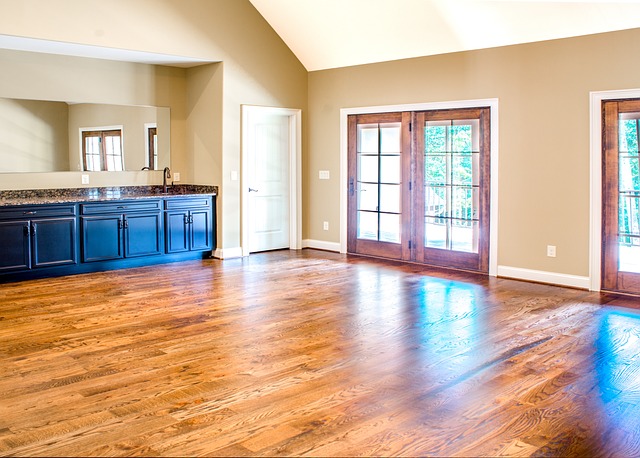
Image by palmettophoto1 from Pixabay
Designing a Bonus Room
Designing a bonus room suggests an exciting opportunity to create a place that perfectly complements your lifestyle and improves the functionality of your home. Whether you're changing an existing bonus room or planning to add one during a renovation, careful consideration of the design elements is crucial. Let's explore some key factors to keep in mind when designing a bonus room.
-
Purpose and functionality: Before diving into the design process, determine the prior purpose of the bonus room. Will it serve as a playroom, a guest suite, or a multipurpose area? Clearly defining the function will guide your design choices and make sure that the room meets your requirements.
-
Layout and space planning: Assess the available area and make a well-thought-out layout. Assess factors such as traffic flow, furniture placement, and the relationship between zones within the room. Pay attention to maximizing natural light and ventilation.
-
Furniture and storage: Select furniture pieces that align with the intended use of the bonus room. Choose versatile and space-saving options, especially if the room has a smaller footprint. Don't forget to include storage.
-
Color and decor: Choose a color scheme that complements the room's purpose. Lighter colors can make a small bonus room feel more spacious, while bold hues can add vibrancy and character. Select decor elements that enrich the room's theme.
-
Technology and connectivity: Depending on the room's purpose, think about integrating technology and connectivity. Install adequate electrical outlets, internet connections, and wiring for audiovisual equipment. This ensures seamless functionality and convenience for working, gaming, or media consumption.
-
Comfort and acoustics: Consider the comfort of the occupants and optimize acoustics within the bonus room. Use comfortable seating options, rugs, and windows to build a convenient and alluring environment.
-
Personal touches: Finally, infuse the area with personal touches that reflect your individuality and interests. Add artwork, family photographs, or sentimental objects to make the bonus room feel like an extension of the home's personality.
Remember that a bonus room design should align with your lifestyle and tastes. Take the time to research, and gather inspiration to build a place that is not only visually appealing but also highly practical. By designing a well-thought-out place, you can elevate the overall value and livability of your house.
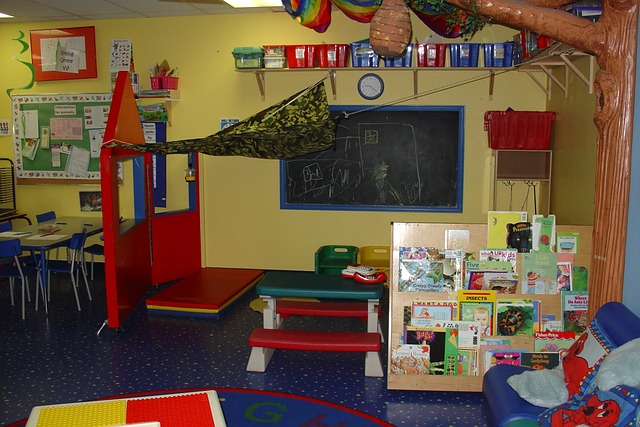
Image by Brendacfeyc from Pixabay
Bonus Room Home Staging Tips
Whether your bonus room is currently unused, serves a specific purpose, or has multiple functions, here are some home staging tips to showcase its potential and make a lasting impression.
-
Define the purpose: Clearly define the purpose of the bonus room during the staging process. Highlight its versatility by staging it as a home office, a guest bedroom, a playroom, or a multipurpose space.
-
Showcase flexibility: If your bonus room has multiple potential uses, showcase its flexibility during staging. Set up furniture arrangements that can easily be reconfigured for different purposes. For example, arrange a desk and a chair for a home office setup, or stage a daybed and toy storage for a playroom.
-
Create a focal point: Draw attention to the most attractive feature of the bonus room. It could be a built-in bookshelf, a fireplace, or a large window with a scenic view. Arrange furniture and decor to highlight this focal point and create a visually appealing centerpiece.
-
Use proper lighting: Ensure the bonus room is well-lit to make it feel inviting and spacious. Open curtains or blinds to maximize natural light. Add strategic lighting fixtures such as floor lamps, table lamps, or pendant lights to create a warm and welcoming ambiance.
How Much Value Does a Finished Bonus Room Add?
A finished bonus room can add considerable value to your home. By creating additional living space, improving functionality, and enhancing the overall appeal of your property, a finished bonus room can be a worthwhile investment.
The value added by a finished bonus room depends on factors such as its size, quality of finishes, purpose, and local real estate market conditions. To maximize the value, focus on creating a well-designed and versatile space that meets the needs of the market.
Questions:
-
What is considered a bonus room?
A bonus room is an additional living space in a home that can be used for various purposes based on the homeowner's needs. It is a versatile area typically located above garages or in basements, offering flexibility to create a home office, playroom, guest suite, or media room.
-
Is a bonus room the same as a flex room?
While there may be some overlap, a bonus room, and a flex room are similar in concept but may have slight differences. Both refer to versatile spaces that can be adapted for different purposes. Bonus rooms are typically extra living spaces in a home, while flex rooms can be found throughout the house and are designed to accommodate various needs.
-
Is a bonus room included in the square footage?
Whether or not a bonus room is included in the square footage of a home can vary depending on various factors, including local regulations and appraisal guidelines. In some cases, bonus rooms may be included in the total square footage if they meet specific criteria, such as having permanent heating and cooling, finished walls, and direct access.
However, it is important to consult local regulations and professional appraisers to determine how a bonus room is classified and whether it contributes to the overall square footage of a property.
-
Can a bonus room be considered a bedroom?
A bonus room can potentially be considered a bedroom, but it depends on certain factors and local building codes. To be classified as a bedroom, a bonus room typically needs to meet specific requirements, such as having a closet, a window for egress, and conforming to local building and safety codes. Additionally, it should offer privacy and sufficient space to accommodate a bed.
